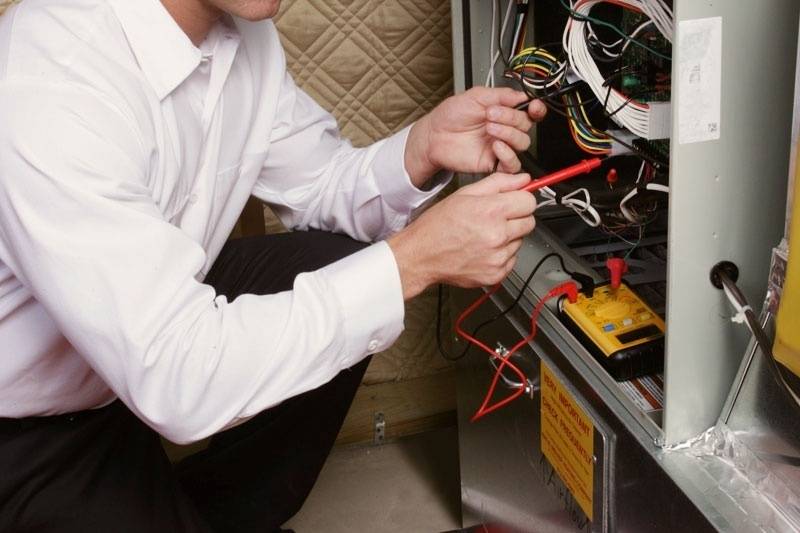How Long Should My Furnace Last?
Your furnace is one of the hardest-working systems in your home. It keeps your family warm and comfortable through cold weather and protects your plumbing from freezing when temperatures drop. But like any mechanical system, it won’t last forever. Knowing the average lifespan of a furnace, and the factors that influence it, can help you prepare for replacement before a costly breakdown catches you by surprise.
Average Furnace Lifespan
Most modern furnaces last between 15 and 20 years when properly maintained. Some may last longer, while others may need replacing sooner if they’re overworked or poorly cared for. The life expectancy of your furnace depends on many factors, including maintenance, installation quality, and even the climate you live in.
Factors That Affect Furnace Longevity
Several factors play a role in how long your furnace will serve your home:
- Maintenance frequency: Just like a car, a furnace needs regular maintenance. Annual tune-ups, timely filter changes, and professional inspections go a long way in keeping it running smoothly. Without maintenance, parts wear out faster, efficiency drops, and the unit’s life shortens.
- Installation quality: A furnace that was improperly sized or poorly installed may suffer from constant strain. Oversized systems often cycle on and off too frequently, while undersized systems struggle to keep up. Both scenarios reduce lifespan.
- Daily usage and climate demands: Homes in colder climates require longer furnace runtimes each winter, which adds more wear and tear compared to systems in milder regions.
- Furnace brand and model: Higher-end units often use better components and last longer than budget models. Choosing a quality furnace at the start can mean more reliable years of service.
Signs It May Be Time to Replace Your Furnace
Even with great care, every furnace eventually reaches the point where replacement is the smarter choice. Here are some signs yours may be nearing the end:
- Inconsistent heating: If some rooms are freezing while others are comfortable, your system may not be able to distribute heat evenly anymore.
- Frequent repairs: Repeated service calls add up quickly. If you’re repairing your furnace more than once or twice a year, it may be more cost-effective to invest in a new system.
- Rising energy bills: An old furnace becomes less efficient over time, consuming more fuel or electricity to do the same job.
- Age over 15 years: Once your furnace passes the 15-year mark, you should begin preparing for replacement — even if it still seems to run fine. Waiting until it fails completely often leads to emergency costs.
How to Extend the Life of Your Furnace
Although no furnace lasts forever, you can take steps to maximize its performance and lifespan:
- Schedule annual tune-ups: A professional inspection ensures your system is cleaned, lubricated, and tested before heavy winter use.
- Change filters regularly: Clogged filters strain your furnace by restricting airflow, leading to overheating and premature part failures.
- Address small issues quickly: Strange noises, unusual smells, or short cycling shouldn’t be ignored. Early repairs can prevent bigger problems.
- Work with professionals: Certified technicians can spot wear and safety issues that homeowners often miss. Their expertise helps keep your furnace reliable for as long as possible.
Schedule Furnace Services with Lancaster Plumbing, Heating, Cooling & Electrical
Your furnace is an investment in your home’s comfort and safety. If your system is getting older, struggling to keep up, or simply overdue for a professional inspection, now is the time to act. At Lancaster Plumbing, Heating, Cooling & Electrical, our experienced technicians offer expert maintenance, honest guidance, and top-quality furnace replacements when needed.
Don’t wait for a breakdown to leave you in the cold. Contact Lancaster Plumbing, Heating, Cooling & Electrical today to schedule your furnace inspection or replacement consultation!




